Alcohol Awareness Month: A Great Time to Explore Your Relationship with Alcohol
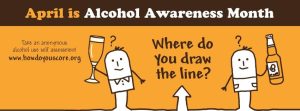
In our lives, we have a relationship with every variable with which we interact. The relationships with which we are most familiar with are interpersonal (family, friendships, work, romantic, situational). Each has a different level of intimacy and functionality. They range from non-existent to abusive. They function from healthy to toxic.
Just like our personal relations, every person has a relationship with alcohol, and this relationship also ranges from none to abusive and from healthy to toxic. Over 85.6% of people 18 and older reported drinking alcohol at some point in their life. If you are in this group, when was the last time you took stock of this relationship? Since drinking is a socially acceptable pastime, particularly in the legal profession, knowing what a healthy relationship with alcohol looks like is essential. Since April is Alcohol Awareness Month, why not take stock of this relationship now?
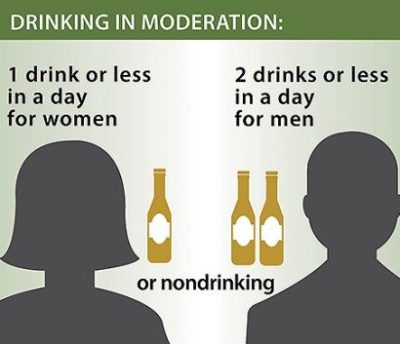
Ask yourself these questions:
- How many drinks do I typically have in a week?
- What’s my tolerance like?
- Have I ever missed work/obligations due to alcohol?
- Does it feel healthy?
- Has my drinking ever put me or anyone else in dangerous situations?
- Does it impact my relationships?
- Do I get withdrawal symptoms (i.e., headaches, anxiety, or irritability) if I don’t drink?
- Has anyone ever pointed out my drinking habits?
- Has drinking caused me any persistent health problems?
- When I go out, do I usually order a drink with my meals?
- Do I sometimes drink more than I planned to drink?
- Do I ever crave a drink?
After answering the questions above, how do you feel about your drinking habits? If you do not like how you feel like about this relationship, there is no time like the present to start building better habits. Plus, taking steps to improve your relationship with alcohol not only improves your health, but your friendships, work ethic, and everything else.
If you would like to discuss your relationship or any other mental health or substance use concerns for yourself or a friend or colleague, please to not hesitate to take advantage of VJLAP’s confidential, non-disciplinary, nonjudgmental, and free services. Contact us: [email protected]; 877.545.4682.
EXPLORE THE SPECTRUM OF RELATIONSHIPS
HEALTH
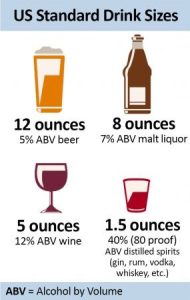
The key is moderation
Moderation is generally defined as men consuming 2 drinks or fewer in a day and women 1 drink or none. One drink is either 12 fluid ounces (5% alcohol) of beer, 5 fluid ounces (12% alcohol) of wine, or 1.5 fluid ounces (40% alcohol) of a distilled spirit.
UNHEALTHY
Are there things that happen when drinking that you wish did not happen or occur (e.g., blackout, injury, interpersonal conflict). Do you use alcohol as a coping mechanism? Do you feel like you “need” alcohol in social situations? Do you drink alone?
If you notice that alcohol is interfering with your happiness, or you feel unsure, then you may be dealing with an unhealthy relationship.
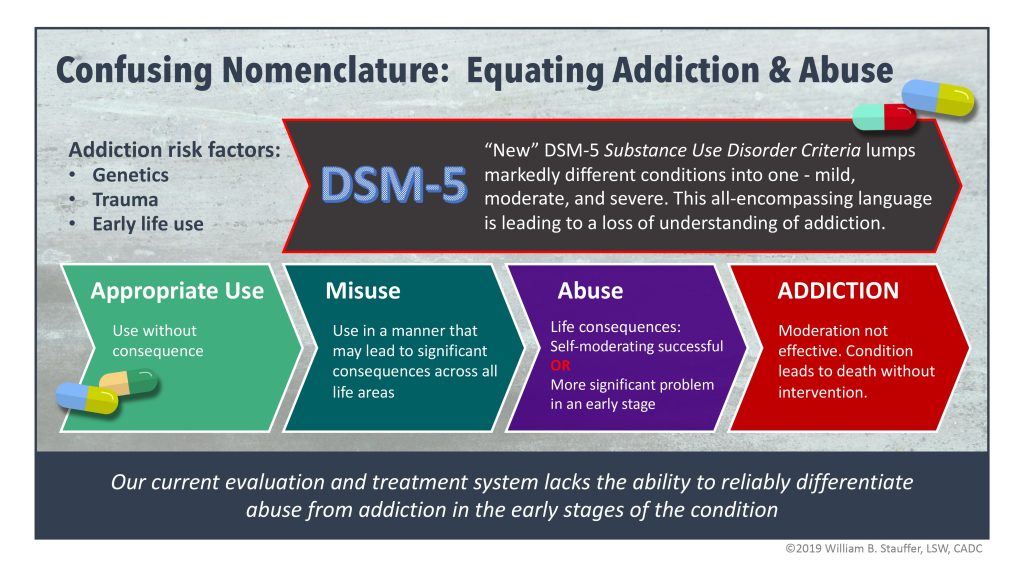
TOXIC
10% of the general population and 20% of legal professionals meet the diagnostic criterial for substance use disorder.
Substance-use disorders are patterns of symptoms resulting from the use of a substance that you continue to take, despite experiencing problems as a result (see all 11 criteria).
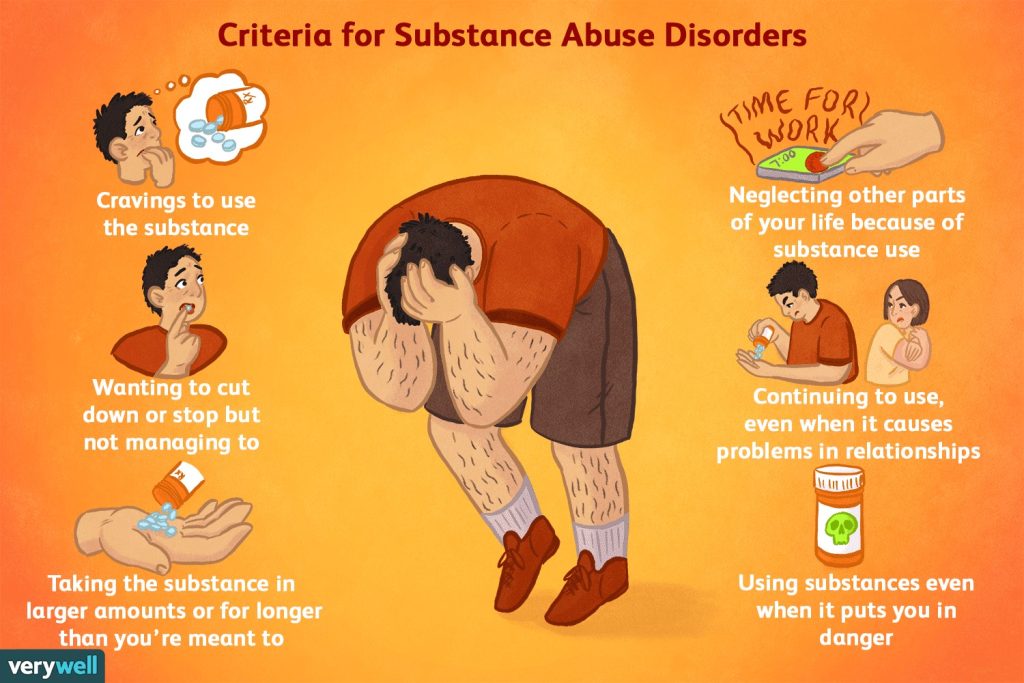
Read more about Alcohol Awareness Month (Article; NIH/CDC).
